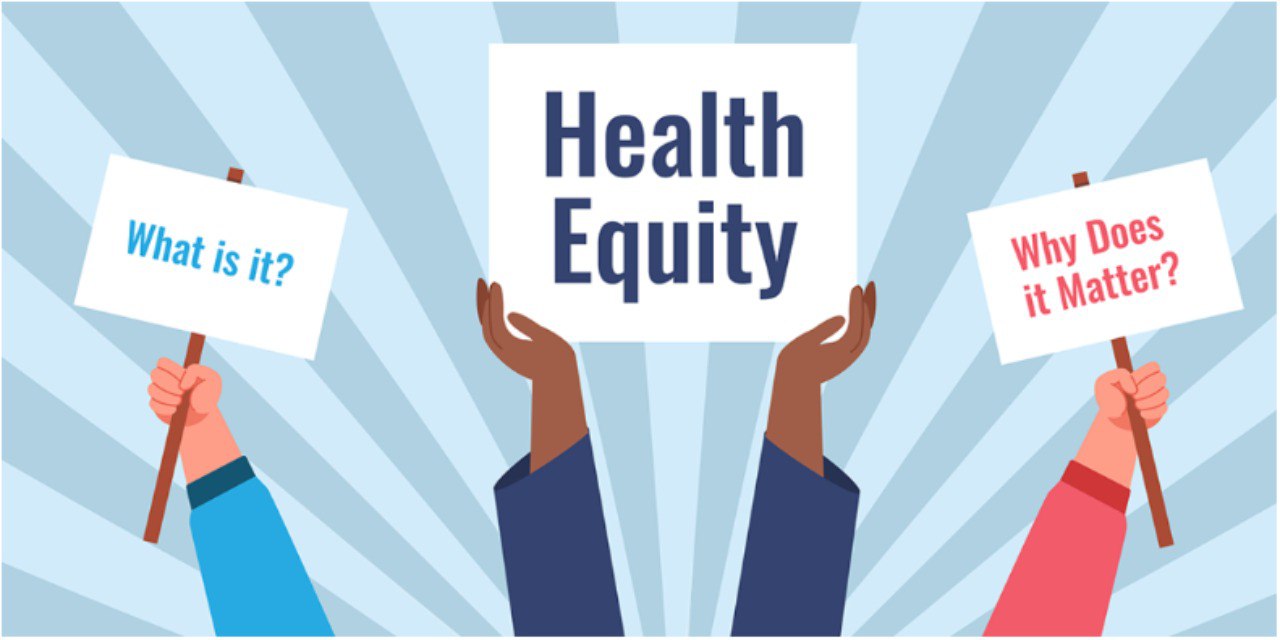World over, it has been noted that health service providers that are high ranking in quality are not necessary ranked highly in health equity. In fact, many of them rank very poorly in issues related to equity and social responsibility as they focus on the wealthy, employed and top notch business people as their clients.
Whereas every business has its prerogative on choosing their niche, it is unfortunate that choosing the cream of the society and availing to them the highest standards of healthcare has brought such a discord and socio-economic segregation in matters health. An unfortunate scenario is where for example an accident, be it road, fire or other such calamity occurs and it involves the poor or not so wealthy members of society. Despite it being an emergency, when such people are rushed to an A class health facility nearby, they are denied services with demands of down payments before they are attended to. Reports are there to show how some have succumbed to their injuries due to this. Also, there are incidences where good Samaritans are lost for how to help when they realize they do not have the financial resources that would be required in such facilities and some have left victims in frustrations, while others have been forced by the hospital management to pay bills they were not to pay because all they were doing is helping the best they can to save lives. Isn’t in public domain that good Samaritans have “dumped” casualties outside private hospitals entrances to avoid being held responsible for bills?
The question then begs how the health service providers can leverage health equity, quality and social responsibility for better health outcomes which includes saving lives and preserving organs.
Jayesh Saini says this is a very emotive topic and if not properly handled can provoke actions that would be retrogressive. He believes that policies should be clearly defined and in place on how to identify emergency, protocols to follow to handle emergency cases, irrespective of social or economic status of victims. He says this would deter abuse by the public or negligence from service providers, acknowledging that all lives matter and should be preserved at all costs because accidents and ill health in most cases are not chosen but just happen.
Just as an accused person is innocent until proved guilty, Jayesh says it is important to treat patients who need attention as the way forward is sort. The government should work closely with the private sector to enforce equitable access to services. Unfortunately, sometimes even first aid services are not well administered in some dispensary because of lack of basic services such as x-rays and ultrasound machines that would be critical in determining what the condition of the patient is, when clinical assessment is not sufficient.
All private health facilities should consider making public declarations with commitment towards equity and social responsibility. It should go beyond saying they have CSR programs but must be evidence based and direct from their resources even as they are appreciated for various initiatives which they do with participation of the public towards dealing with cases such as heart diseases, cancers and eye diseases. An example of health equity and social responsibility would be adopting a specific population within their regions of operation and ensuring that the health needs of that population are met as and when needed. They can choose to treat them free, enrol them in the national programmes and pay for them, provide effective rebates on all services or other such impactful interventions. Besides that, no person should be denied services at any facility when it is an emergency.
Again, protocols of what emergency treatment is should be clear so that facilities do not purport to have carried out emergency services just because they accepted a victim and examined them with no other help. Procedures should also be in place of how the said persons are transferred to the government facilities. in all this, the business and financial goals the hospital has set, must put into consideration impactful social responsibility and health equity interventions for better health outcomes and better ratings on quality, equity and social responsibility.



















